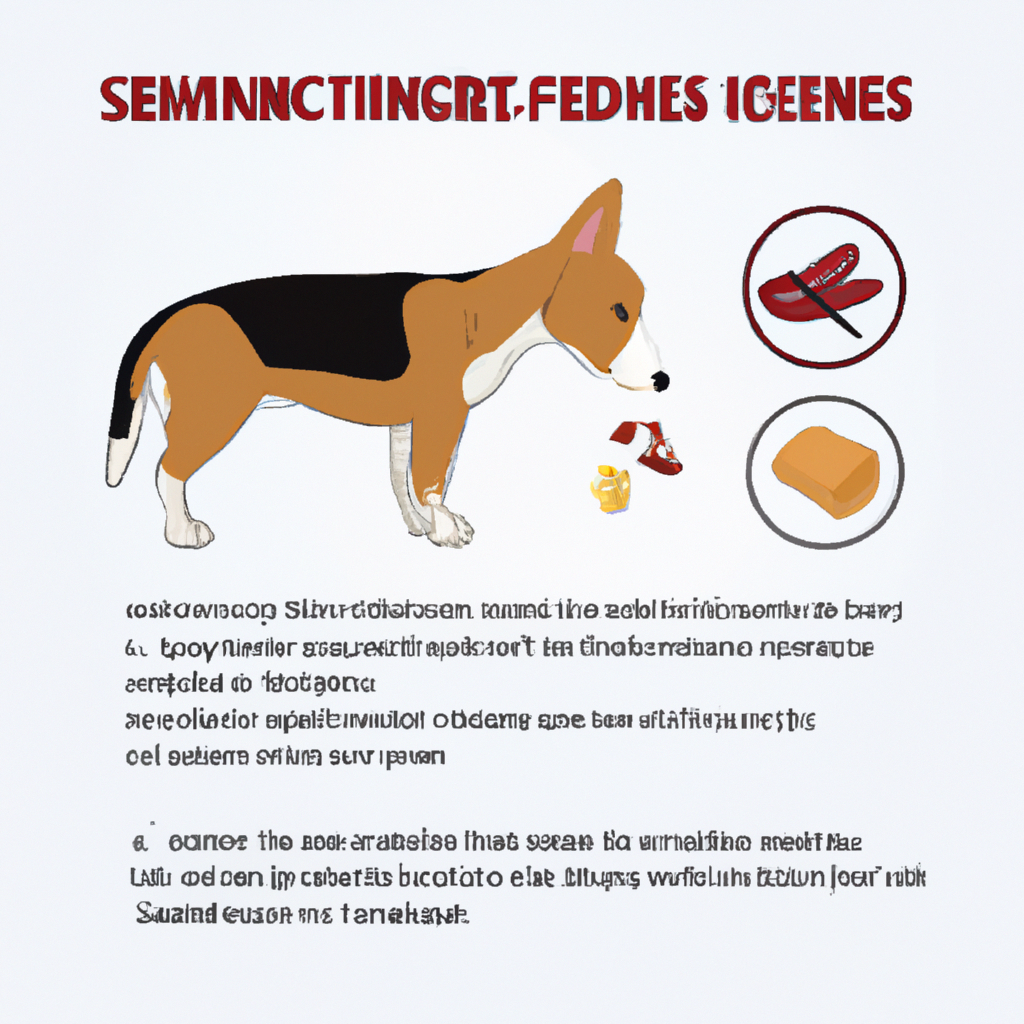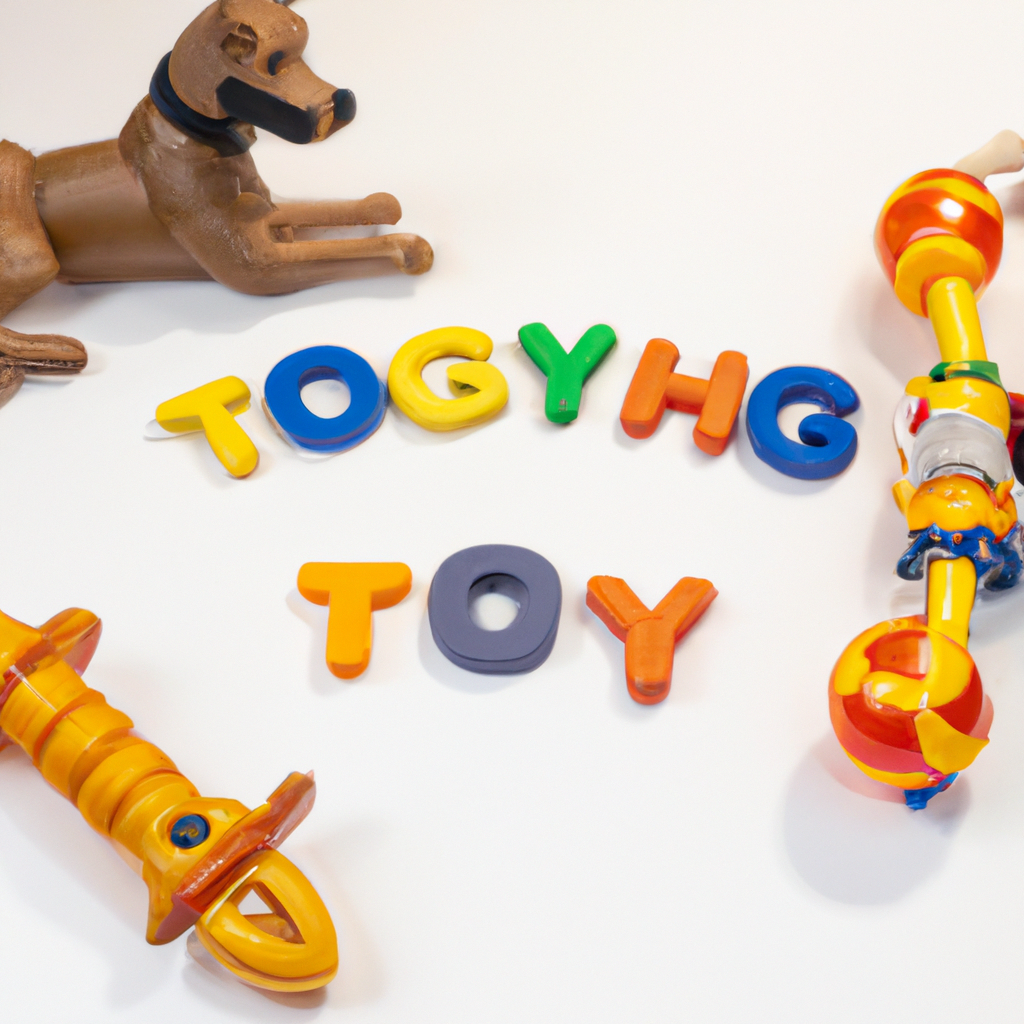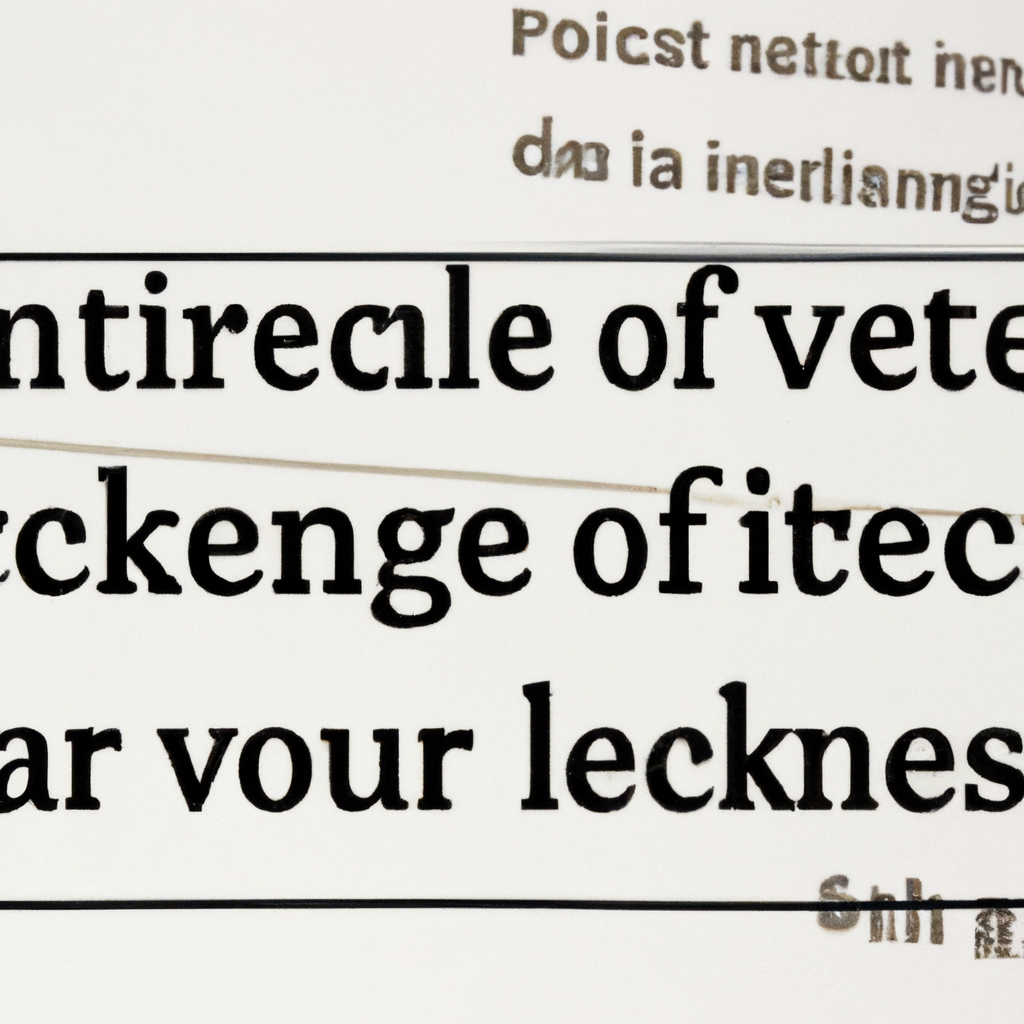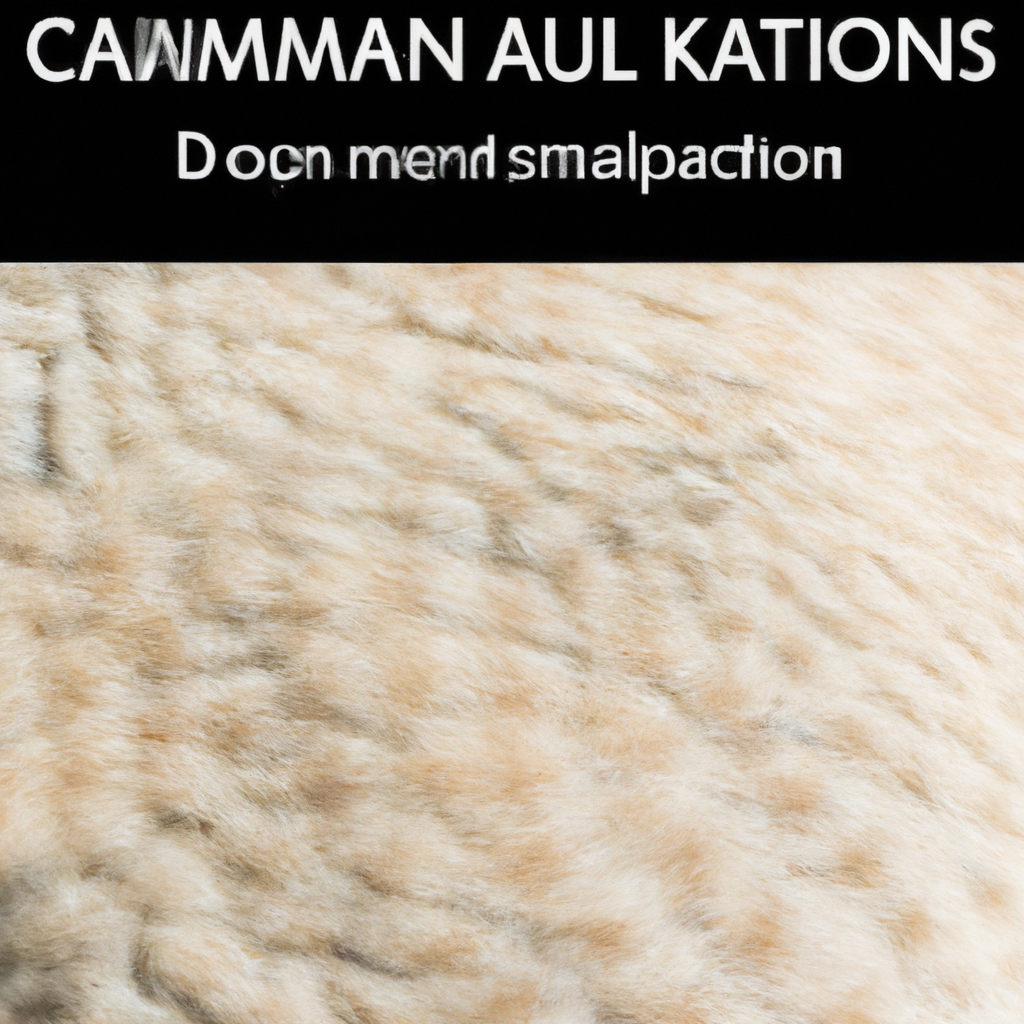Understanding and Managing Food Intolerances in Dogs
Food Intolerances in Dogs: Decoding Their Hidden Culprits As we cuddle our furry companions, little do we know about

Unveiling the Mysterious World of Canine Gastronomic Adventures: Understanding and Managing Food Intolerances in Dogs
Enter the enchanting realm of your four-legged companion’s gastronomic journey, a world filled with barks of delight and wagging tails. As loyal owners, we know that feeding our furry friends is not just a mundane task, but rather an exploration into their individual preferences and nutritional needs. However, like humans, dogs can develop food intolerances that make this adventure a bit more complicated and mysterious. In this captivating article, we delve into the intricate science behind understanding and managing food intolerances in our beloved canines, providing valuable insights for a happier, healthier, and more satiating journey ahead. Grab your dog’s leash, and let’s embark on this aromatic voyage together!
Understanding the Role of Food Intolerances in Canine Health
As pet owners, we strive to provide our furry companions with the best nutrition possible. However, little do we know that some dogs may suffer from food intolerances, which can significantly impact their overall health and well-being. Unlike allergies, food intolerances in dogs usually manifest as digestive issues rather than immune reactions. It’s crucial for us to comprehend the role of food intolerances in our canine friends’ health and take appropriate measures to address them for a happier and healthier life.
Food intolerances occur when a dog’s digestive system is unable to properly break down certain food components. This intolerance typically involves common ingredients such as grains, dairy, or even specific proteins. Recognizing the signs of a food intolerance is essential for early intervention. Look out for symptoms like chronic diarrhea, vomiting, flatulence, or skin irritations. In some cases, these intolerances can also lead to weight loss or a lack of appetite.
- Consult your veterinarian: If you suspect your dog might be experiencing food intolerances, it’s crucial to consult with a veterinarian. They can help diagnose the problem and recommend suitable dietary adjustments.
- Switching to hypoallergenic food: In severe cases, your vet might recommend switching your dog to a hypoallergenic diet, which eliminates common allergenic ingredients.
- Keep a food journal: Maintain a detailed record of your dog’s meals and any accompanying symptoms. This can assist in identifying specific food components that may be causing intolerance.

Exploring Common Signs and Symptoms of Food Intolerances in Dogs
When it comes to our furry friends, it’s important to pay attention to any signs or symptoms that may indicate a food intolerance. Just like humans, dogs can also develop sensitivities to certain foods, and it’s our responsibility as pet owners to identify and address these issues. Here are some common signs to look out for:
- Gastrointestinal Disturbances: Keep an eye out for symptoms like excessive flatulence, diarrhea, vomiting, or frequent episodes of loose stools. These can be indicators that your dog is having trouble digesting a particular ingredient in their food.
- Chronic Itching and Skin Irritation: Does your dog seem to be constantly scratching or biting their skin? Food intolerances can manifest as persistent itching, hot spots, or even skin infections. If you notice these symptoms, it may be worth considering a dietary adjustment.
- Ear Infections: Recurring ear infections can often be attributed to food intolerances. Watch out for frequent head shaking, discharge, redness, or a foul odor coming from your dog’s ears. Addressing any underlying dietary issues could provide much-needed relief.
Remember, every dog is unique, and their individual sensitivities may vary. It’s essential to consult with your veterinarian to rule out any other potential causes and develop a suitable plan for your pup’s dietary needs. By recognizing the signs and symptoms of food intolerances, we can work towards providing our dogs with the balanced nutrition they deserve, ensuring a happier and healthier life for our beloved companions.

Effective Strategies for Identifying and Managing Food Intolerances in Your Furry Friend
🐾 Understanding Your Furry Friend’s Tummy Troubles
Discovering and managing your pet’s food intolerances can be challenging, but with the right strategies, you can ensure their digestive health and overall well-being. It is essential to pay close attention to your furry friend’s behavior and any signs of discomfort they may exhibit after mealtime. Identifying and managing food intolerances effectively begins with these tried-and-true methods:
1. Comprehensive Elimination Diet:
To pinpoint potential food intolerances, consider implementing a thorough elimination diet. Start by removing all potential trigger ingredients, such as dairy, grains, and certain proteins from their meals. After a few weeks, gradually reintroduce each eliminated food one at a time. Monitor your pet’s reactions closely, noting any adverse symptoms that occur. This systematic approach will help identify specific intolerances and guide you in crafting a tailored diet plan for your furry friend’s unique needs.
2. Consultation with a Veterinarian:
Your pet’s veterinarian is a valuable resource when it comes to managing their food intolerances. Not only can they provide professional guidance but they can also conduct tests to determine the underlying causes of your pet’s gastrointestinal issues. Based on their expertise, your veterinarian can recommend specialized diets or prescribe suitable medication to alleviate symptoms. Remember, consulting with a professional will help ensure your furry friend is receiving the necessary care to combat their food intolerances effectively.

Proactive Approaches to Promote a Balanced Diet and Optimal Well-being in Dogs with Food Intolerances
When it comes to ensuring the well-being of our furry friends with food intolerances, taking proactive steps is key. By providing a balanced diet tailored to their specific needs, we can help them thrive and lead happy, healthy lives. Here are a few approaches you can consider:
- Consult a Veterinary Nutritionist: Start by seeking guidance from a veterinary nutritionist experienced in dealing with food intolerances. They can conduct a thorough assessment of your dog’s condition, identify trigger ingredients, and recommend a personalized diet plan that meets all their nutritional requirements.
- Transition with Care: When introducing a new diet to your dog, it’s crucial to do so gradually. Slowly replace their current food with the prescribed diet to allow their digestive system to adapt. This gentler transition minimizes discomfort and helps their bodies adjust to the new ingredients effectively.
- Explore Novel Protein Sources: Dogs with food intolerances often require alternative protein sources free of common allergens. Consider incorporating novel protein options like venison, duck, or rabbit into their meals. These unique sources of protein not only provide essential nutrients but also help minimize the risk of triggering adverse reactions.
Remember, maintaining a balanced diet goes beyond avoiding triggers. It’s essential to ensure your dog receives all the necessary vitamins and minerals for optimal well-being. Embracing these proactive approaches and collaborating with professionals will help you navigate the world of food intolerances, allowing your furry companion to enjoy a life filled with vitality and good health.
Concluding Remarks
As we bid farewell to this exploration of understanding and managing food intolerances in our canine companions, one thing remains abundantly clear – the power of knowledge should never be underestimated. We have delved deep into the world of food intolerances, uncovering the intricate puzzle pieces that shape our furry friends’ dietary needs.
Through the lens of understanding, we have witnessed the undeniable impact that food intolerances can have on our dogs’ well-being. The intricacies of their digestive system and the elusive nature of symptoms have highlighted the need for our vigilant attention. But fear not, for armed with this newfound knowledge, we are better equipped than ever to support and nourish our furry companions.
With the path towards managing food intolerances now illuminated, a sense of empowerment guides our journey. From diligent label reading to careful meal planning, our pets’ nutritional needs can be met without compromising their happiness. We have learned to navigate the countless options available, steering clear of potential threats and embracing nourishing alternatives with enthusiasm.
But let us not forget the importance of walking this path together. Our bond with our dogs is an inseparable force, and as they rely on us for guidance, we must take pride in being a steadfast ally on their journey to optimal health. Patience, understanding, and unwavering commitment will be our allies as we strive to ensure their well-being.
As we conclude this enlightening chapter on understanding and managing food intolerances in dogs, let us celebrate the progress made. The knowledge gained will undoubtedly serve us well, transforming the way we nourish and care for our four-legged companions.
So, let us embrace this newfound awareness, for it is a testament to our unyielding love for our furry friends. With open hearts and open minds, let us continue to evolve alongside them, navigating the world of food intolerances with grace and compassion. Together, we can unlock a harmonious symphony of vitality and happiness for our dogs, providing them with the fulfilling lives they deserve.






